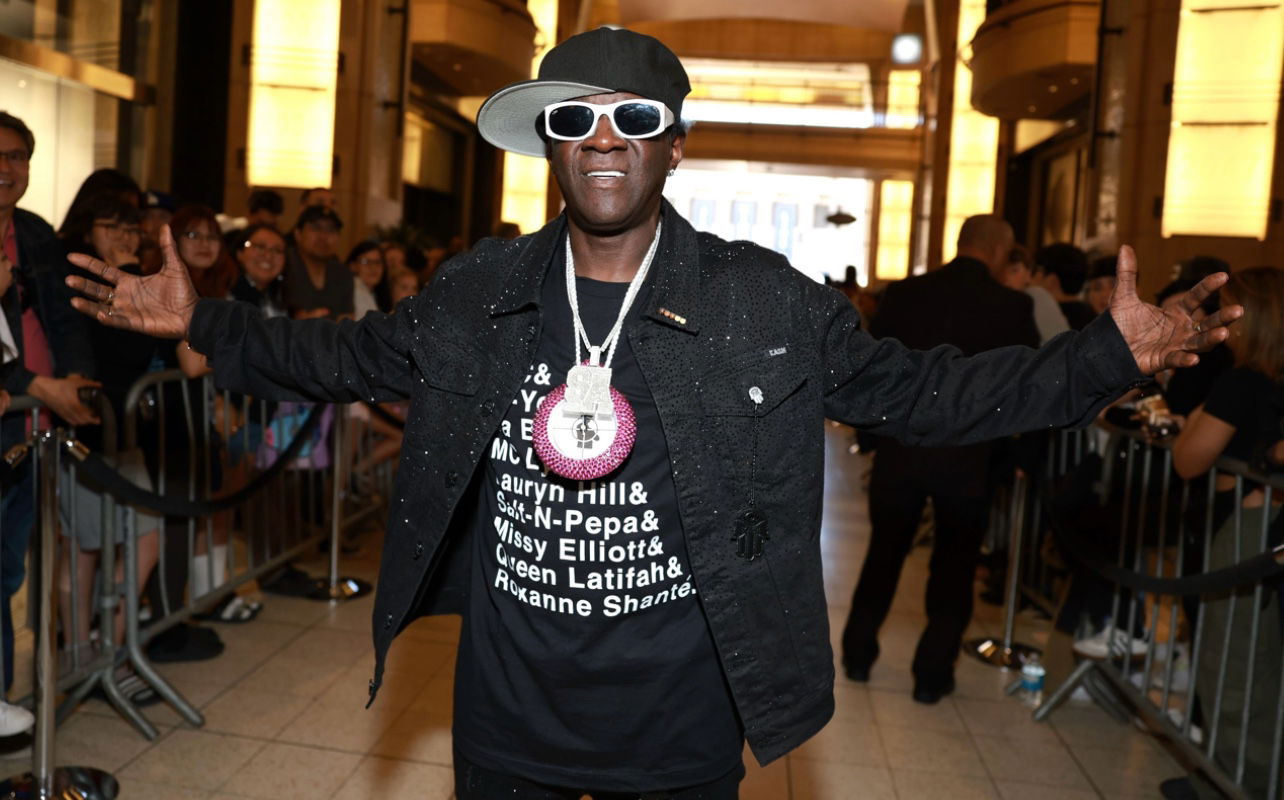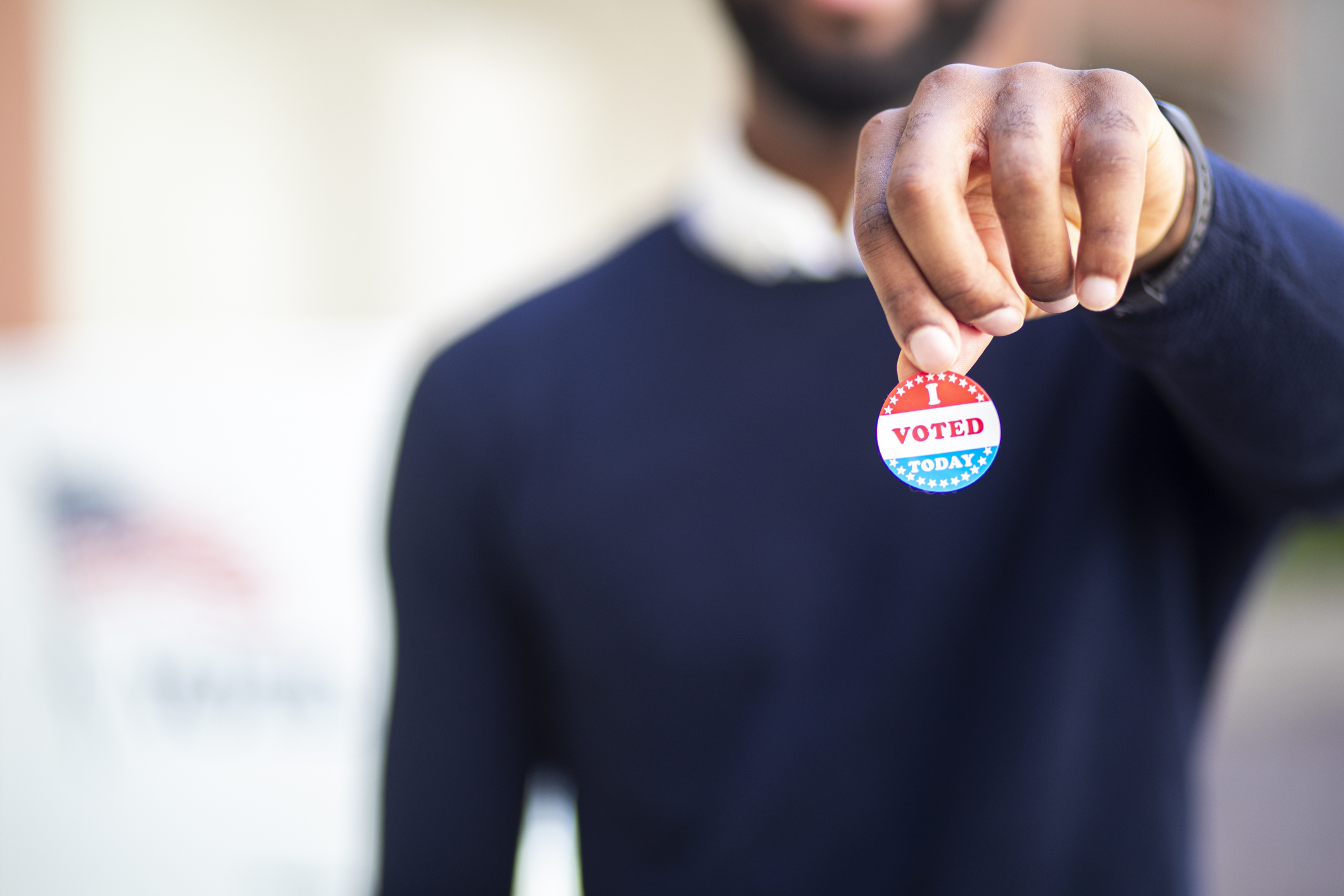You have a preview view of this article while we are checking your access. When we have confirmed access, the full article content will load.
He has suggested that presidents should “have a say” on interest rates, though he later walked the comment back.

Federal Reserve officials do not answer to the White House and they insist that they do not take politics into account when they are setting interest rates. But because borrowing costs have a big effect on the economy and the nation’s economic vibe, the central bank’s decision on Wednesday is sure to draw political attention.
Former President Donald J. Trump regularly promises to bring interest rates down if he is elected president again — even though the president has little to no direct impact on borrowing costs. While in office he publicly railed against the Fed for taking too long to cut rates, to little avail.
And Mr. Trump has remained focused on the Fed as it approaches its first rate cut in more than four years.
“You’ll see, they’ll do the interest rate cut and all of the political stuff tomorrow,” Mr. Trump said during a town hall in Michigan this week. “Will he do a half a point? Will he do a quarter of a point? But the reason is that the economy is not good. Otherwise you wouldn’t be able to do it.”
In fact, Mr. Trump has suggested repeatedly that it would be political of the Fed to cut borrowing costs in the weeks leading up to the election. Rate cuts are “something that they know they shouldn’t be doing,” he told Bloomberg Businessweek earlier this year. At another point he told Fox News that lower rates would “help the Democrats.” He has since suggested that presidents should “have a say” on interest rates, though he later walked the comment back.
Vice President Kamala Harris, the Democratic nominee, has largely avoided talking about the Fed. While President Biden steers clear of saying what the Fed should do, he has at times tiptoed close to doing so, including earlier this year when he said he “bet” that interest rates were going to come down.



.png) 1 year ago
144
1 year ago
144










